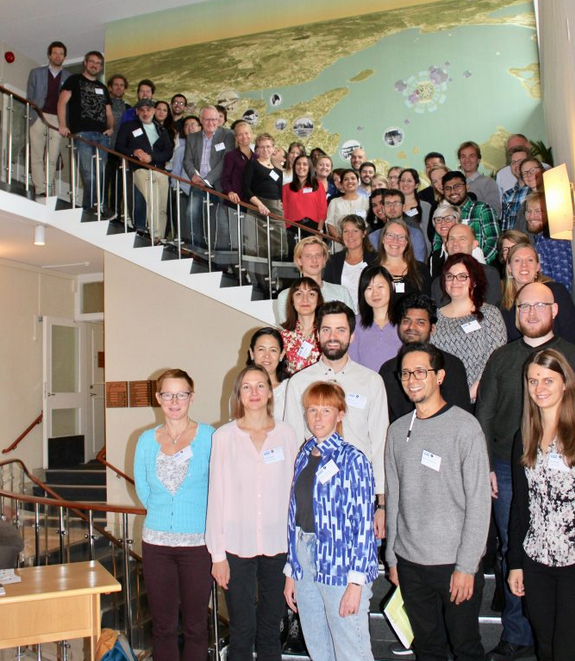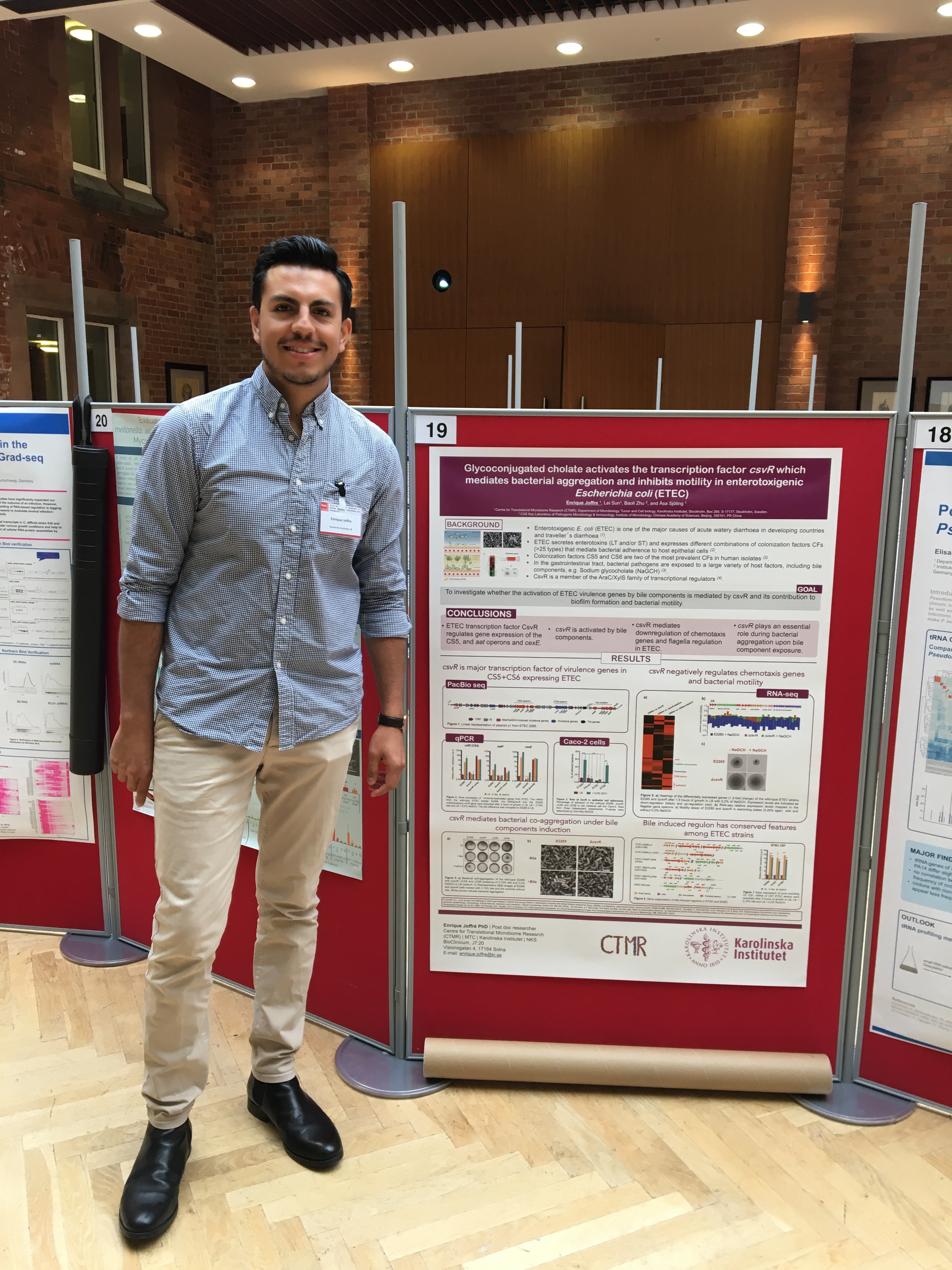Aiming to increase regional participation in NDPIA and programme activities, five “NDPIA Ambassadors” have been appointed. The ambassadors will promote NDPIA and activities together with the NDPIA Directors of Studies for their respective region/university.
|
Ambassador |
University |
|
Örebro University |
|
|
National Veterinary Institute (SVA, Uppsala) |
|
|
KTH Royal Institute of Technology and Stockholm University |
|
|
Swedish University of Agricultural Sciences (SLU, Uppsala) |
|
|
Linnaeus University (Kalmar) |
|
|
TBD |
Chalmers (Gothenburg) |
|
TBD |
Malmö University |


